By now, we are sure that you are already familiar with the common symptoms of COVID-19. There’s a dry cough, fever, tiredness, shortage of breath. Some other conditions may also include runny nose, sore throat, diarrhoea, etc.
But what are some of the long term effects that Coronavirus can have on our bodies? As the virus is new, research is still ongoing.
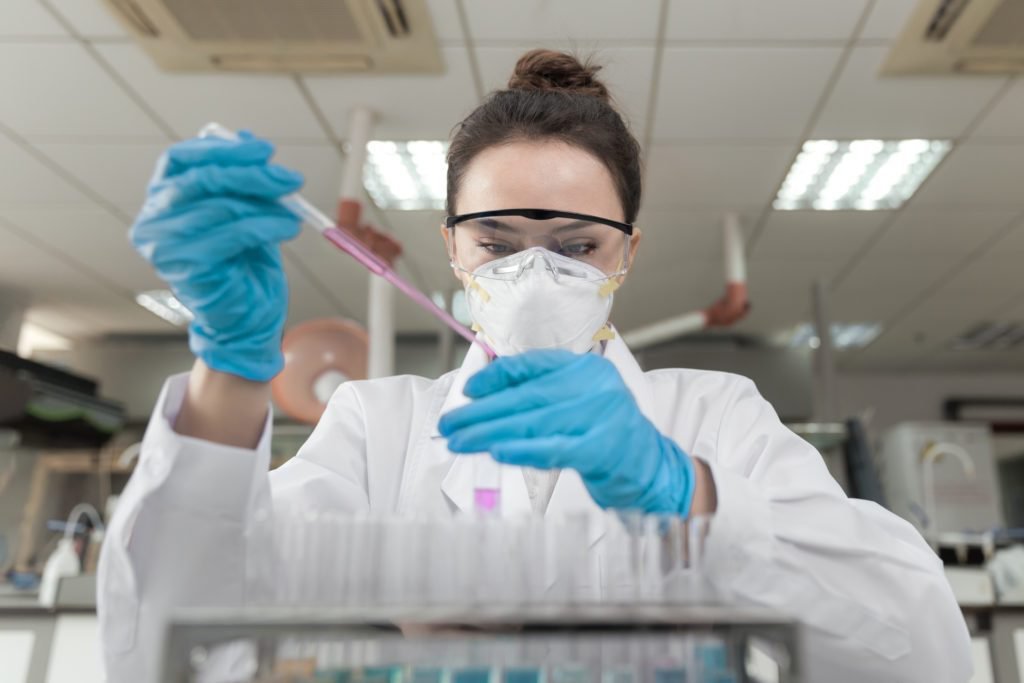
However, according to a recent study from China, it is suggested that patients who battle moderate-to-severe COVID-19 symptoms may have lingering issues with liver function.
Researchers fear that the intense damage that they are seeing in a patient’s heart and lungs would not be treated once the virus leaves the body.
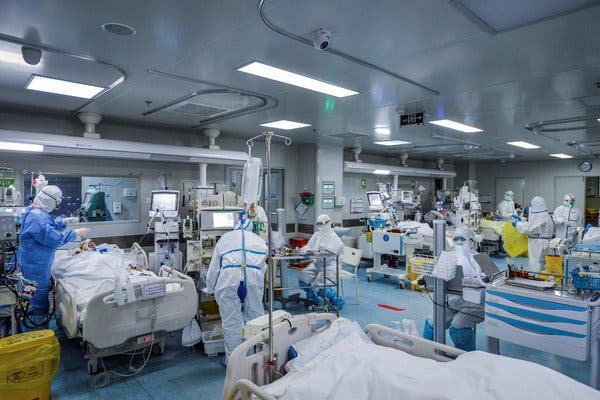
The HuffPost India quotes Khalilah Gates, a pulmonologist and assistant professor of pulmonary, critical care and medical education at Northwestern University’s Feinberg School of Medicine who explains how our body deals with a virus.
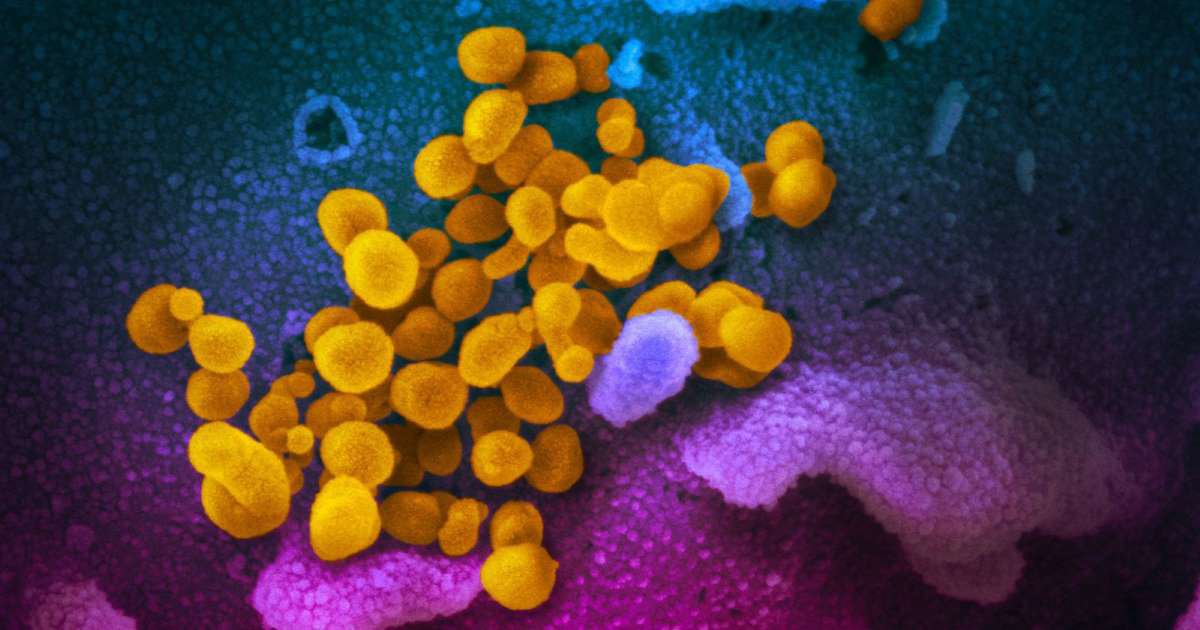
According to him, the body fights back a virus-like COVID-19 by launching a full-blown immunity response that causes inflammation in certain organs. To fight COVID-19 the body might produce too much of an inflammatory response that could end up harming our critical organs like our kidneys, lungs, and heart.
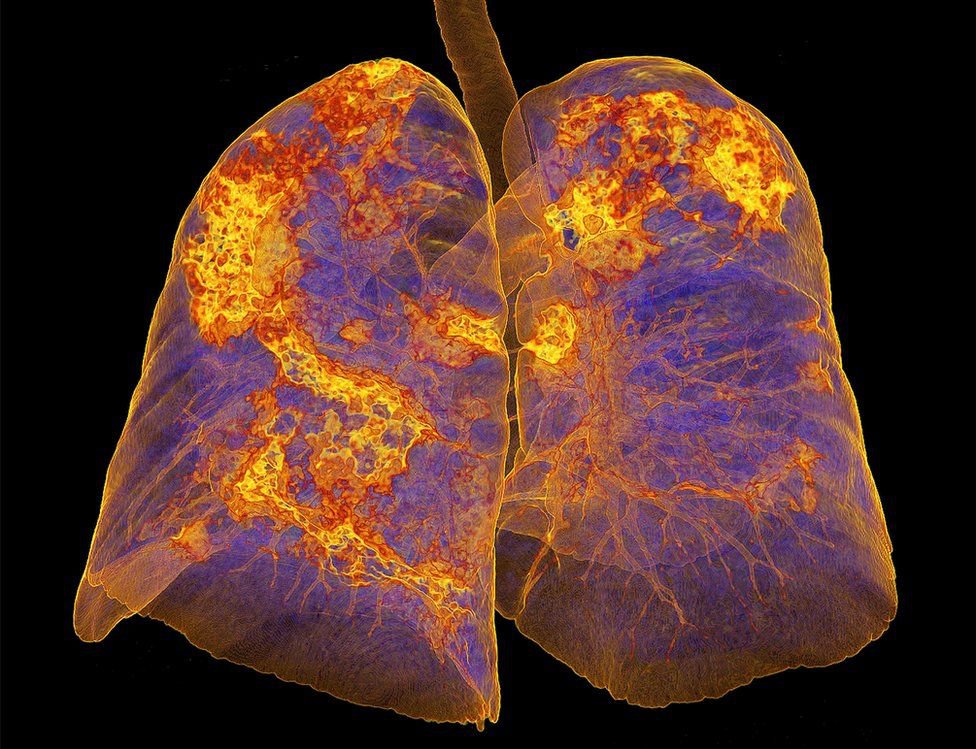
He further states:
The body cannot recover from that level of damage overnight, and it must heal itself. Unfortunately, particularly in the lung, this healing process can lead to irreversible scarring (fibrosis) that can greatly impact lung function long term.
The COVID-19 can also weaken our heart as it puts extreme pressure on it. So much so that the Harvard University specialists are calling it, “one big stress test for the heart”.
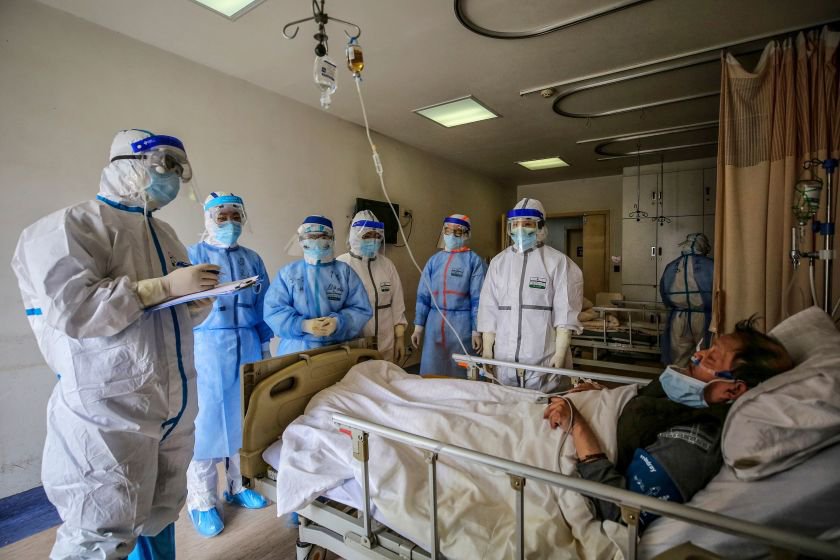
The respiratory failure linked with SARS-Cov-2 is also a call for worry. Some patients who develop ARDS or acute respiratory distress syndrome require a ventilator for breathing.
Past studies have shown that the usage of the ventilator can diminish one’s quality of life and cause lung impairment.
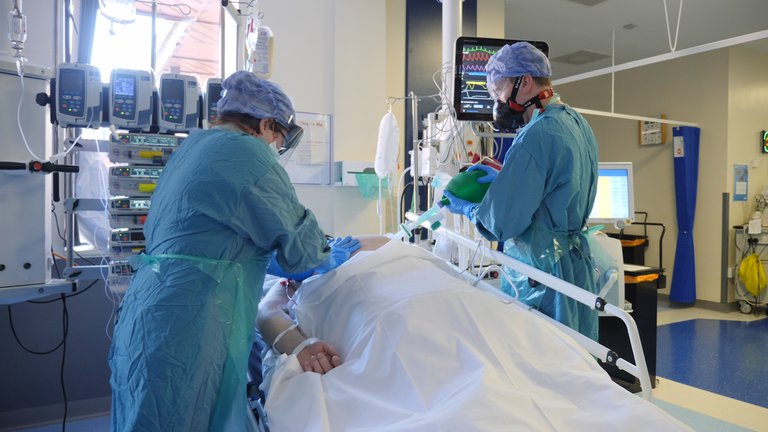
And, it is not just with COVID-19 too. Both SARS and MERS led to long-lasting health consequences in the patients. In a study that happened in Beijing on the patients who had recovered from SARS found that even after 15 years of recovery, about one-third of patients had lung issues for a few years, although the pulmonary damage cleared up within 15 years.
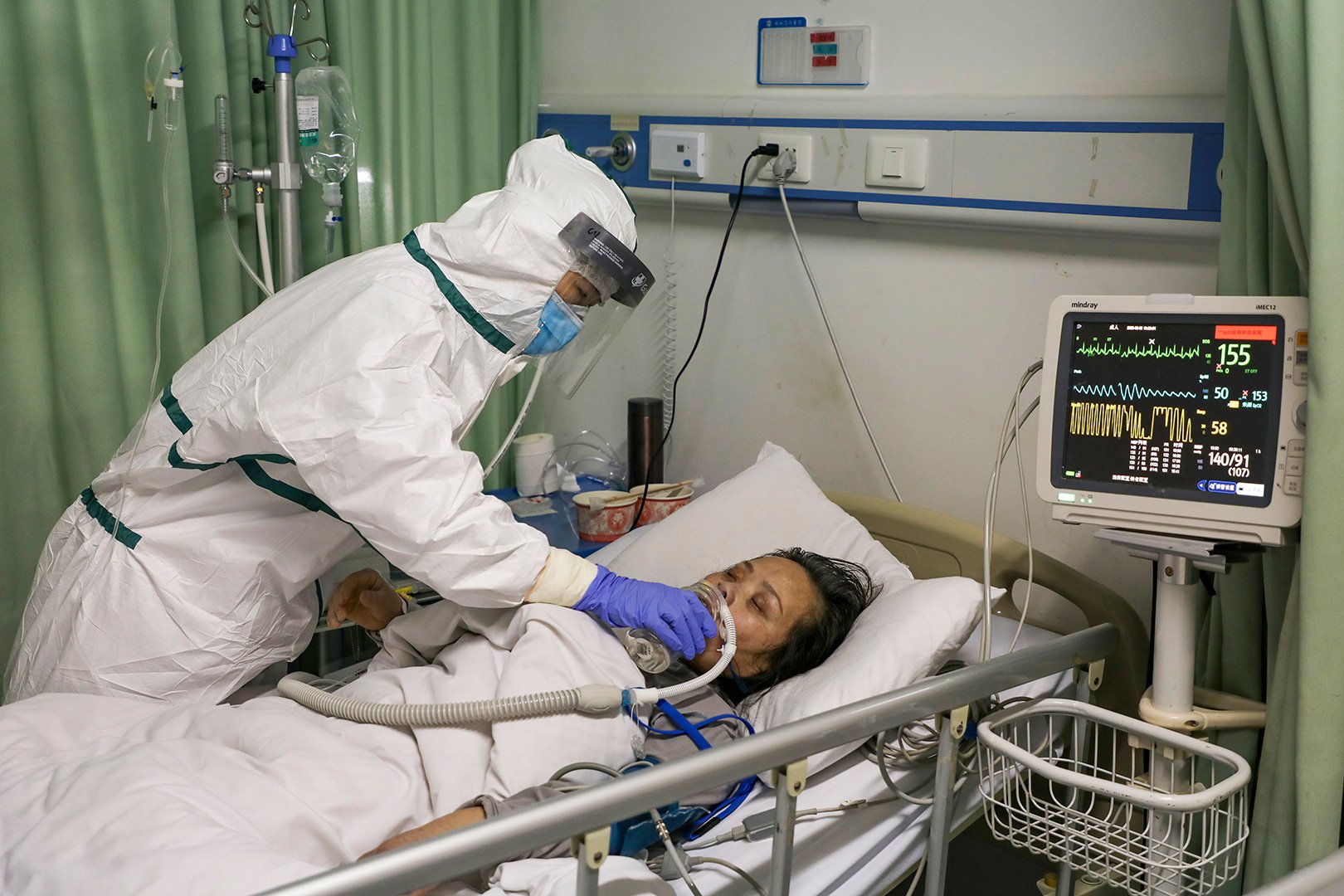
However, it will take years for researchers to fully understand the long-term effects of Coronavirus on the human body. All of the research as of now is based on previous studies. Right now, researchers don’t have enough data to guess what our physical health be like once the pandemic ends.

















